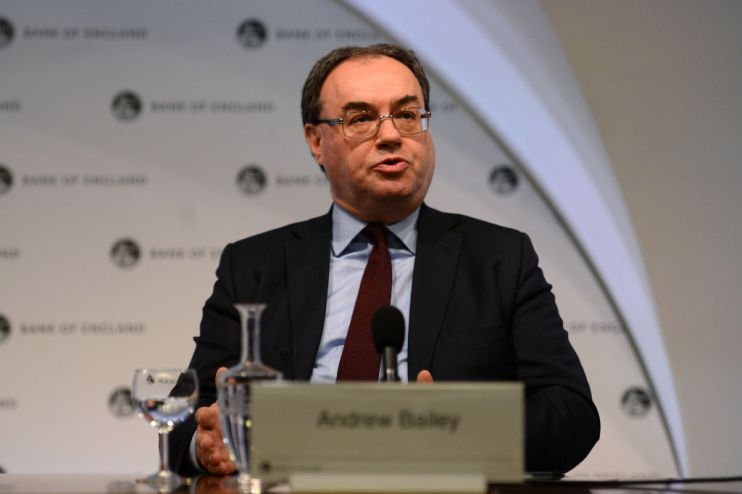City watchdog demands banks explain similar overdraft pricing

The City watchdog has demanded that high street lenders explain why they have aligned their new overdraft rates at around 40 per cent following a rule change.
The Financial Conduct Authority (FCA) will from April ban banks from charging more for unarranged overdrafts, in response to complaints that such fees were regularly 10 times as much as a pay-day loan.
Yet many customers were left furious when it emerged they would have to pay higher charges for going overdrawn after banks unveiled their new flat rates, which have nearly all been grouped around 40 per cent.
For example, Nationwide unveiled a flat rate of 39.9 per cent last July, to be followed by Santander, HSBC, and TSB. Lloyds Bank was the latest to reveal its fee, under which borrowers could pay up to 49.9 per cent.
The FCA today sent a letter to UK banks saying their pricing demanding to know “how you arrived at your new overdrafts rates”.
It also requested “a summary of your approach to dealing with customers who will be worse off following your pricing changes and the measures you are taking to support them”.
The watchdog warned: “We will be keeping a close eye on the market and we will act should we see continued harm.”
Defending its move to ban unarranged fees, the FCA said: “Confusing fees and charges have been banned, and the cost of overdrafts has been made more transparent.
“For many occasional borrowers the removal of fees means they will pay less even though their headline rate of borrowing may increase.”
The controversial overdraft changes will be one of the last thorny problems outgoing FCA chief Andrew Bailey has to deal with.
He will take over as governor of the Bank of England from Mark Carney on 16 March.